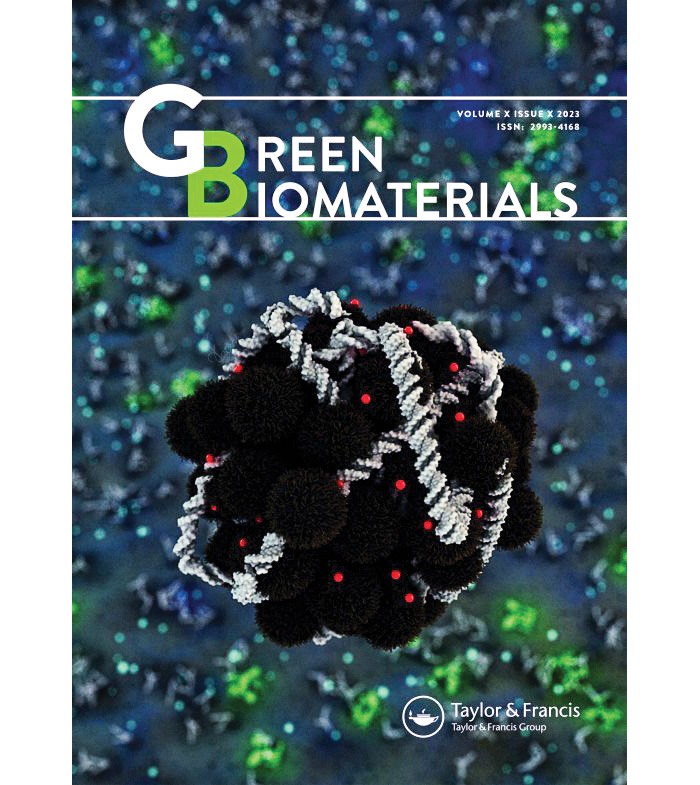Advertisement
Grab your lab coat. Let's get started
Welcome!
Welcome!
Create an account below to get 6 C&EN articles per month, receive newsletters and more - all free.
It seems this is your first time logging in online. Please enter the following information to continue.
As an ACS member you automatically get access to this site. All we need is few more details to create your reading experience.
Not you? Sign in with a different account.
Not you? Sign in with a different account.
ERROR 1
ERROR 1
ERROR 2
ERROR 2
ERROR 2
ERROR 2
ERROR 2
Password and Confirm password must match.
If you have an ACS member number, please enter it here so we can link this account to your membership. (optional)
ERROR 2
ACS values your privacy. By submitting your information, you are gaining access to C&EN and subscribing to our weekly newsletter. We use the information you provide to make your reading experience better, and we will never sell your data to third party members.
Publishing
Peer review shake-up on trial at eLife
by Katharine Sanderson
July 15, 2018
| A version of this story appeared in
Volume 96, Issue 29
The life sciences journal eLife is trying out a radical approach to peer review. Rather than deciding whether to publish a paper after peer review, an editor’s decision to send a paper for peer review will be a commitment to eventually publish it. The trial is optional and aims to recruit 300 papers. In the trial, the editor and referees will agree on what they want authors to address. The authors can then make revisions, including more experiments; respond to criticisms; or withdraw the paper completely. The referee reports, editor’s decision letter, and authors’ response will be published alongside the final article. Reviewers can choose whether to remain anonymous. The aim is to give more power to authors, say eLife editors Mark Patterson and Randy Schekman in an editorial. They also hope it will strengthen the review process, with referees gaining a reputation for the advice they give. Observers welcome the trial with caution. Raghuveer Parthasarathy, a physicist from the University of Oregon, worries that journal editors sifting through initial submissions are given more power. “It may bias the system further towards flashy papers from well-connected authors,” he says.





Join the conversation
Contact the reporter
Submit a Letter to the Editor for publication
Engage with us on Twitter